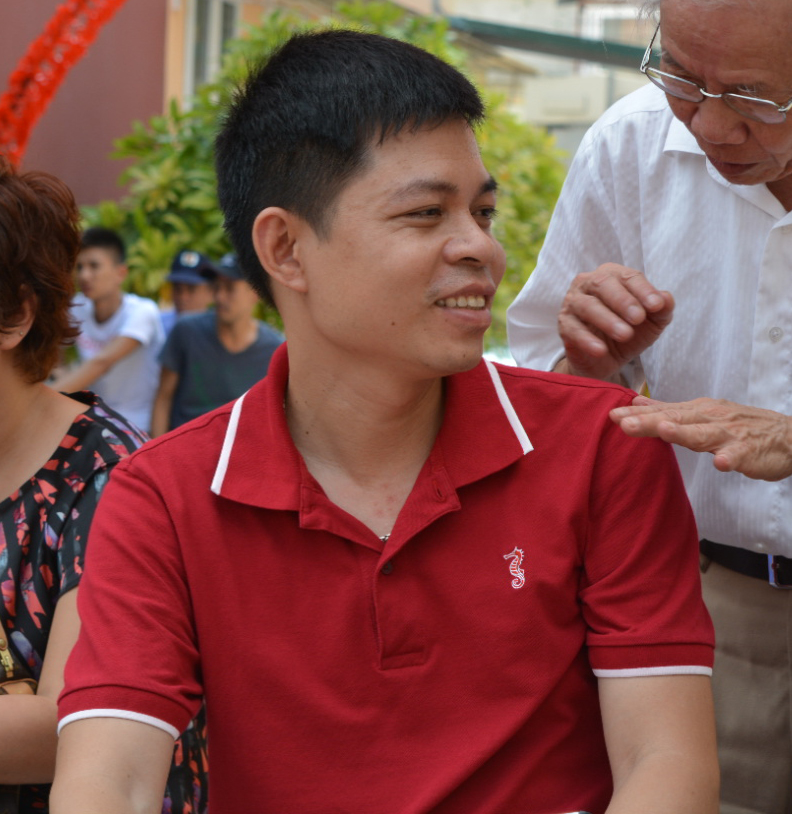Vietnamese authorities and industry players have expressed concerns as many farmers in Mekong Delta have rushed to develop new pangasius farming areas with the hope of cashing in on prices that have been at or near all-time highs since last year.
Vietnam’s Ministry of Agriculture and Rural Development recently sent a letter to officials in provinces and cities in the Mekong Delta, asking them to take actions against what it called “the massive expansion of pangasius farming areas.”
As prices of fingerlings and raw pangasius have risen sharply since early 2017, many farmers in the region have converted their rice fields to fish ponds, despite their lack of training or experience in farming fish. Their unplanned expansion, their use of fingerlings of low quality and their lack of farming skills will potentially result in environmental pollution, spread of disease, and imbalance of demand and supply, the Agriculture Ministry said.
The increase in demand and insufficient supply of raw pangasius have together translated in the average price in Vietnam in April reaching VND 30,000 (USD 1.32 or EUR 1.10) per kilogram, around 1.5 times higher year-on-year. The massive expansion of pangasius farming areas also drove demand for fingerlings, with average price jumping to VND 80,000 (USD 3.51 or EUR 2.94) per kilogram in the month, up about three times from the same month in 2017, the ministry said in another statement.
The expansion’s epicenter is in Long An Province, which saw the farming area increasing by 800 hectares between the end of 2017 and April 2018. Most of the new ponds were converted from rice fields, according to local media reports.
Profit from pangasius aquaculture is currently about 10 times higher than rice farming in the Mekong Delta, the country’s most important rice-producing region, driving the surge in pangasius farming. The newcomers are different from large-scale operations who have been in business for many years, and whose farming processes are strictly in compliance with international food safety and quality management standards, the Agriculture Ministry said. Much of Vietnam’s exports of high-quality pangasius products come from these suppliers.
The Vietnamese government in May last year issued a decree which demanded that any pangasius ponds be located in accordance with land use plans approved by local governments. The government also asked aquaculture facilities to get certificates on identification number for ponds farming pangasius.
To ensure the sustainable development of the pangasius industry in 2018 and the coming years, the provinces and cities have been told to closely monitor the expansion of pangasius farming in their areas and strictly punish those who break the rules, according to the Agriculture Ministry’s letter.
Industry analysts are concerned the oversupply that took place in Vietnam in 2011 will reoccur if the rapid unplanned expansion of fingerling and raw pangasius farming areas continues.
Prices of fingerlings are expected to fall starting in May and June 2018, while the rates of raw pangasius are likely to go down in late 2018 or early 2019, VietnamPlus reported 27 April, quoting the Fisheries Department.
Ong Hang Van, deputy manager of local processor Truong Giang Fishery Company, agreed. He warned that oversupply of raw pangasius is likely to happen in November or December this year and price declines are inevitable, according to the daily.
China has become the biggest buyer of Vietnamese pangasius recently, and this huge market is ready to buy a “very large amount” of pangasius from Vietnam, Van said. But he added that those who do not have certificates on identification numbers for farming ponds and other necessary certifications will have difficulties in selling their products. They may be forced to sell at low prices in the future.
Nguyen Hoai Nam, Deputy General Secretary of Vietnam Association of Seafood Exporters and Producers (VASEP), said a number of Chinese individual traders have traveled to Vietnam to buy low-quality, cheap pangasius and export it to China via land borders illegally.
In March 2018, VASEP sent a letter to the Agriculture Ministry, asking it to tighten control of shipments of pangasius through land borders with China. A certain amount of cross-border trade between two neighboring countries is inevitable, VASEP said, but the type and amount of pangasius cross-border exports from Vietnam to China have triggered concerns. The quality of the cross-border shipments by the individual traders is apparently a concern to VASEP, as the value of their exports is very low compared with the ocean shipping by large companies.






